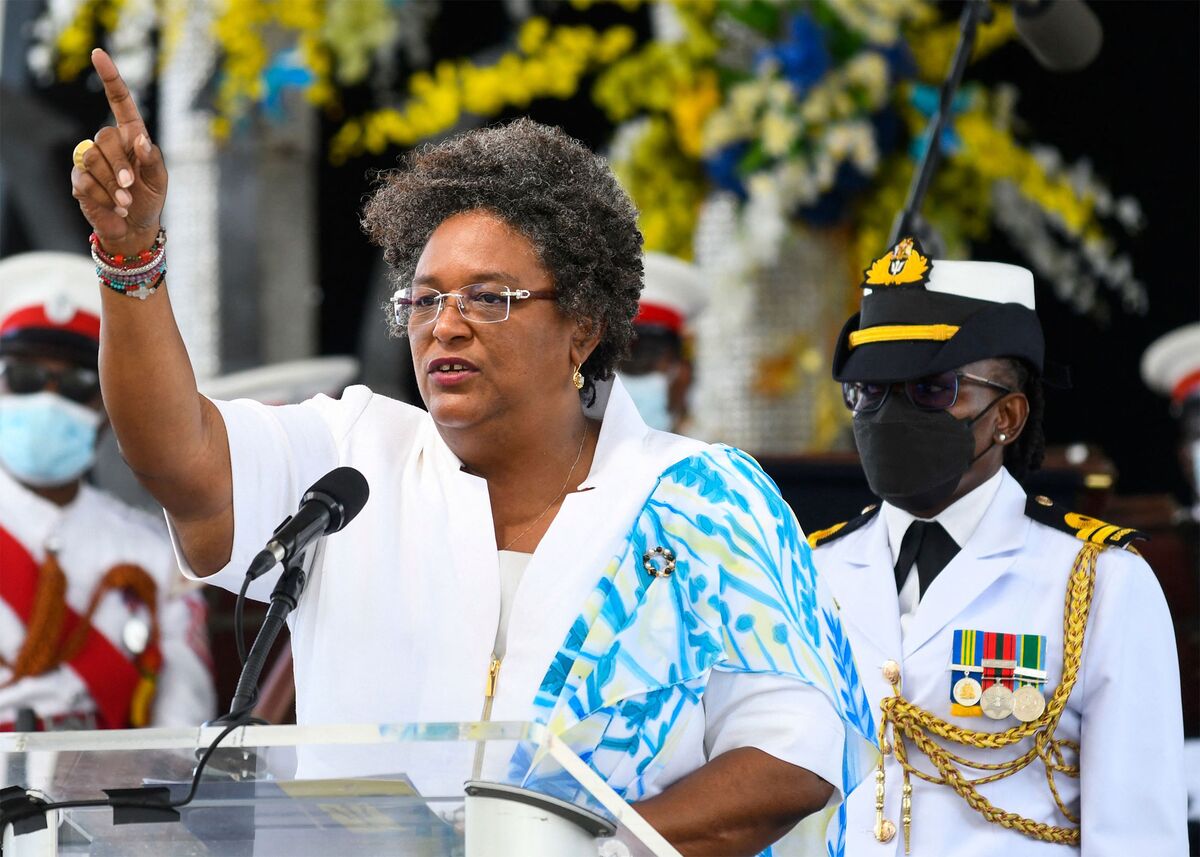Key Impact Points:
- Climate Finance Shift: For the first time, China used UN language to describe its climate aid, citing $24.5 billion provided since 2016.
- Call for Multilateralism: President Xi Jinping urged the global south to champion “true multilateralism” and an inclusive global economy.
- Energy Transition Focus: China highlighted significant investments in energy transformation, with $676 billion spent and an 810m-ton CO2 reduction from clean energy exports.
‘True Multilateralism’ and Global Cooperation
Although absent from COP29, President Xi Jinping delivered a powerful message through state media, emphasizing the need for the global south to foster true multilateralism and strive for a fair, multipolar world. Xi’s call was to push for “universally beneficial and inclusive economic globalisation.”
China’s Enhanced Role in Climate Finance
Ding Xuexiang, representing Xi at COP29, used the term “climate finance” for the first time to describe China’s overseas contributions, which totaled over 177 billion yuan ($24.5 billion). Ding stressed that shifting growth models is vital for addressing climate change and underlined the importance of enhancing early-warning systems and climate adaptation.
“Complete transformation of growth models is the fundamental solution to climate change,” Ding said during a high-level segment.
Methane and Global Climate Action
At a US-China co-hosted methane summit, climate envoy Liu Zhenmin affirmed China’s commitment to bolstering global climate cooperation. Liu highlighted China’s $676 billion investment in energy transformation and significant contributions to global CO2 reduction.
“Co-operation on global climate action will continue to be enhanced,” Liu stated at the summit.
Energy Transition Pathways
China’s 2024 energy transition report, released by the Energy Research Institute under the NDRC, outlined strategic pathways for achieving the nation’s “dual-carbon” goals. Lyu Wenbin of ERI emphasized global cooperation and knowledge-sharing as essential components.
“Our report has absorbed [energy transition] experiences from different places,” said Bai Quan, director of the energy study centre. “We would love to discuss more new ideas with everyone else in the world.”
Change the World - Subscribe Now
Financial Demands and COP29 Negotiations
China, aligned with the G77, rejected the initial NCQG framework text and called for developed countries to meet a $1.3 trillion annual target for climate finance. This push reflects Beijing’s position on climate finance equity and developing nations’ needs.
“China is very willing to cooperate…to promote a low-carbon and sustainable future,” affirmed Xia Yingxian, director of the climate department at MEE.
US-China Climate Relations
Despite entering COP29 without a new agreement akin to last year’s Sunnylands statement, Liu Zhenmin highlighted the importance of ongoing bilateral cooperation, particularly regarding methane reduction.
“Strong channels at the subnational and non-government levels will become increasingly critical to make engagement [in methane and other areas] more robust,” said Ryna Cui of the University of Maryland.
Conclusion: China’s Stand and Future Outlook
China’s actions at COP29, including promoting multilateralism and significant investments in clean energy, signal its ambition to position itself as a climate leader. However, its steadfast stance on finance negotiations and emphasis on shared responsibilities indicate that significant hurdles remain for future international climate finance agreements.
Related Article: China’s Green Leap Forward

 Follow SDG News on LinkedIn
Follow SDG News on LinkedIn











